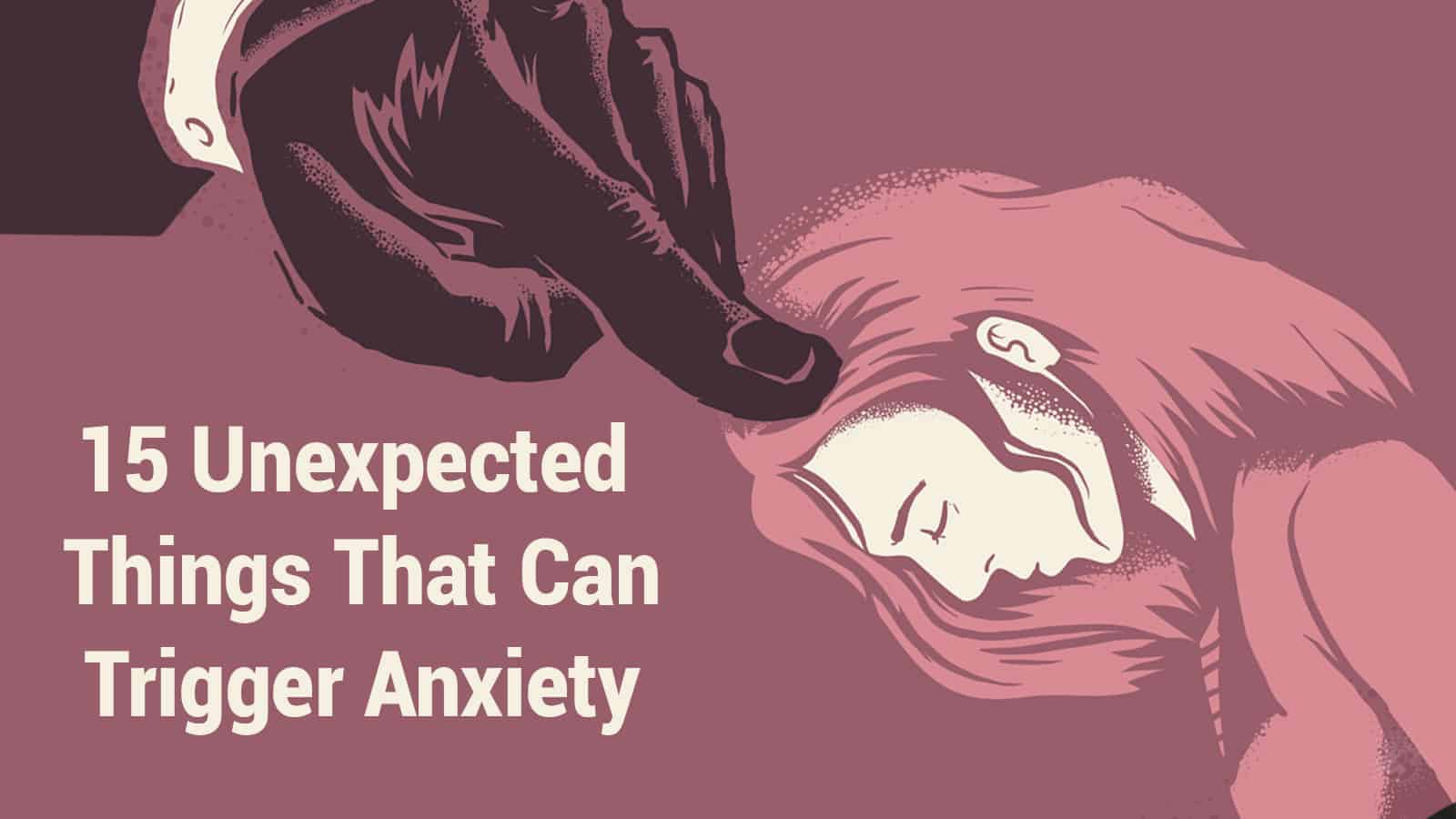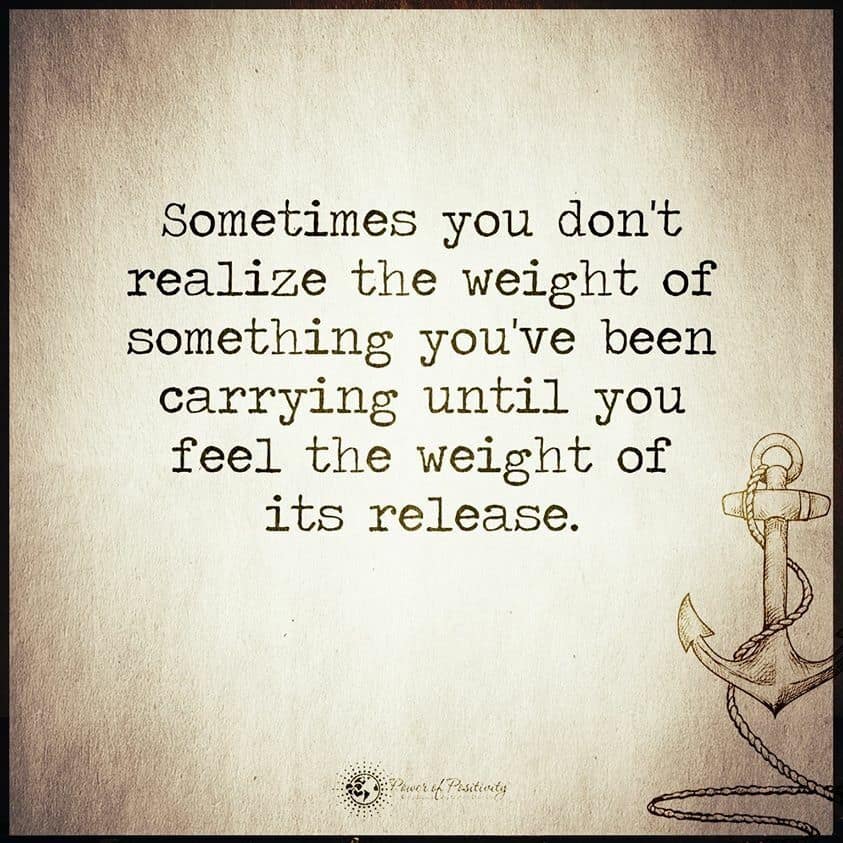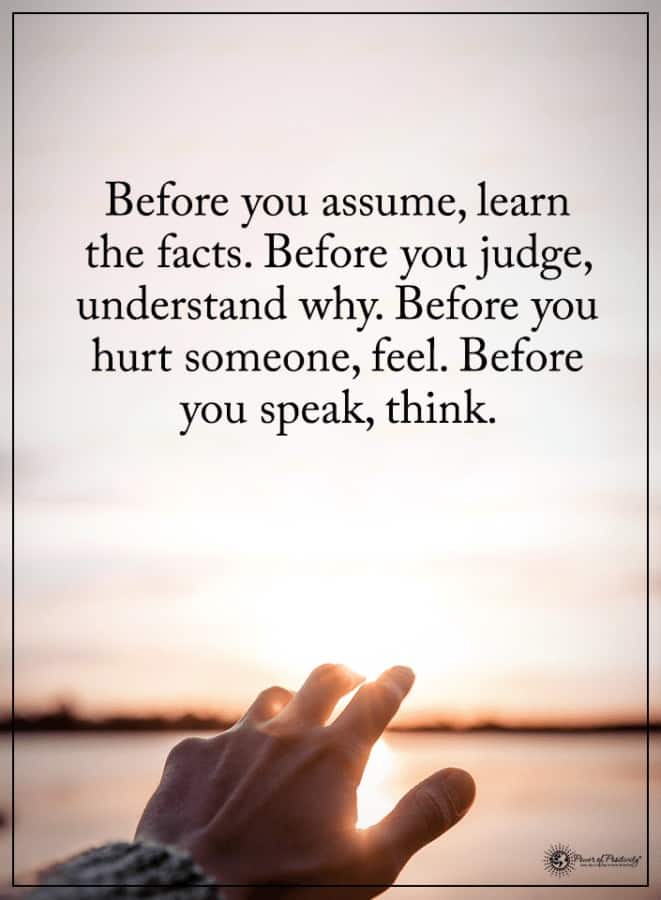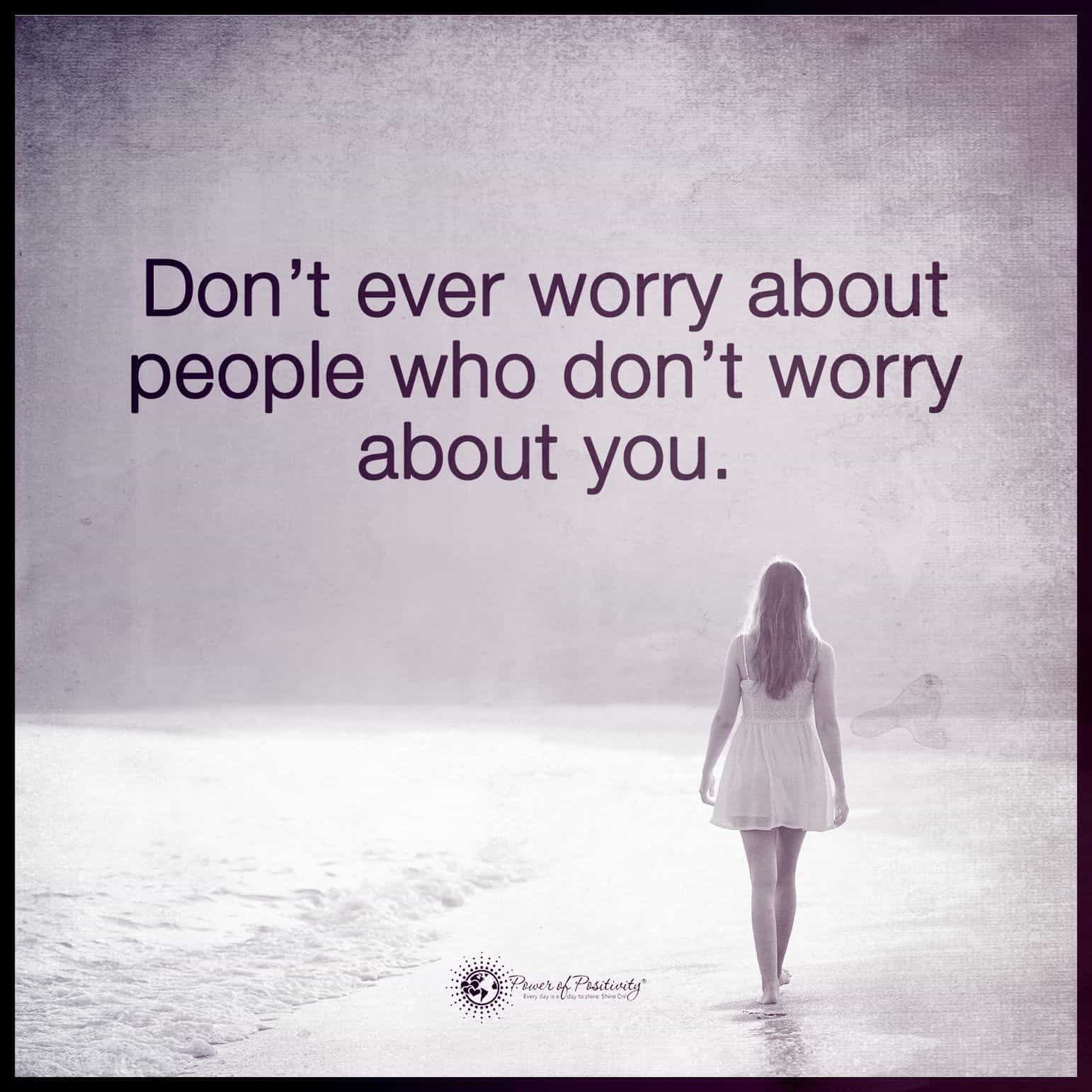Sometimes it can be clear why you feel anxious, but at other times it may not be so obvious. Many surprising things can trigger anxiety. There are quite a few pain-points when it comes to your mental health, and understanding potential triggers can help.
Your triggers will be things that occur every day, which could explain the timing of your anxiety. Narrowing it down to specific triggers can help you figure out which areas of your life could use a change.
Over 40 million adults in the United States suffer from an anxiety disorder, making them the leading mental illness. With this being the case, you or someone you know may suffer from it. Understanding the triggers can help you manage them, whether it is you who is struggling or someone close to you.
Fifteen Unexpected Things That Can Trigger Anxiety
Many of the triggers revolve around lifestyle habits such as nutrition and physical activity. Other contributors are tasks you may have to do or the environment you spend your time in. Once you’ve got an idea of what can trigger anxiety, you can make changes to improve your wellbeing.
1. Lack of Physical Activity
You’ve heard how important exercise is for physical health, but you may not know that it also affects mental health. The endorphins that release during physical activity can help prevent anxiety from setting in. Plus, it can help ease the tension that has already started.
When you lack physical activity, however, the opposite happens. Your anxiety will be more likely to be an issue, and it’ll only worsen the longer you stay still.
2. Social Media
While social media is intended to be relaxing and fun, it can cause severe anxiety issues. Studies show that the more time per day people spend looking at a screen, the worse their anxiety symptoms became.
Social media causes an unfavorable comparison of yourself to others, which leads to anxiety and a decreased sense of self-worth. Another issue that too much social media can cause is stress and anxiety when social media isn’t accessible. It may also cause you to experience difficulty in sleeping after scrolling through your timeline.
3. Clutter
It may seem like nothing other than a personal preference to have clutter throughout your home. This isn’t the case, however, as it can trigger your anxiety. It causes an inability to relax or focus and causes an overproduction of cortisol, a stress hormone.
Imagine living in a cluttered home that is continually triggering you and leaving you feeling drained. It isn’t an ideal situation, and it can be fixed by simply tidying up. A bonus to this is that cleaning and tidying can reduce symptoms of anxiety, so it’s a win-win.
4. Heat
When it’s hot outside, you may notice your anxiety kicking in. This is because it causes your breathing and your heart rate to increase. If it gets back enough, it could cause a panic attack as your breathing and heart rates continue to grow.
The heat can also cause you to become dehydrated, drained, and unable to focus. All of those things can trigger anxiety, too.
5. Too Much Caffeine
While another cup of coffee may sound like a great idea, it can trigger your anxiety. It will make you nervous and jittery, and then you’ll start noticing the other symptoms of anxiety soon after.
An excess amount of caffeine can also cause the fight or flight response to kick in. This makes your brain think that something is wrong, adding to the anxiety you’re already experiencing.
6. You Have too Much to Do
When you have work tasks, errands to run, children to carpool, and a house to clean, you’ll be anxious. If you add any more to that, such as volunteering at your child’s school, you’ll overdo it. Everyone has a breaking point, and you’re sure to reach it if you keep overscheduling yourself.
Learn how to say no to a request when someone asks for your help. Tell that that you would love to, but you already have so much on your plate. Being honest about why you can’t help will make it easier. This means you have to be honest with yourself, too, and admit when you can’t handle anything more.
7. Low Blood Sugar
Skipping meals or snacks when you are busy can contribute to your anxiety. Even if you don’t feel hungry, when you don’t eat, your blood sugar drops.
Low blood sugar can cause anxiety, and anxiety can cause you to feel like you aren’t hungry. Put an end to this cycle and eat even if you don’t think you’re hungry if you know it’s been a while. Plus, make sure to graze throughout your workday, even if you are busy at mealtimes.
8. Loneliness
When you spend time alone, you are more likely to have an anxiety episode. Even if you like alone time, you have to balance it with time spent with loved ones and friends. When you are alone too often or for too long, it can cause your mind to race. This can trigger your anxiety, as can feeling uneasy after being alone for a while.
9. Watching the News
The fact that world news can trigger anxiety is surprising. It is true, however, and can cause widespread anxiety for many people. Most news stories focus on bad news such as violence, anger, political differences, and inequality. After a while, it will leave you feeling downright terrible.
Keep in mind–it is crucial to know what is going on in the world, especially in your own country. To create a healthy balance, limit yourself to only checking the news one time each day. It’s not the news itself that can cause anxiety, it’s the amount of exposure to the information.
10. Running Late
When you don’t give yourself sufficient time to get somewhere on time, it can trigger your anxiety. Those individuals who always run late report higher levels of stress. Plus, they often feel unorganized and unfocused, resulting in even more anxiety.
11. Not Drinking Enough Water
Dehydration can cause several issues for your body and mind. A slight case of dehydration can even cause anxiety levels to rise so that it can happen relatively quickly. Studies show that ramping up your water intake can bring you calming feelings and relieve anxiety symptoms.
12. Not Spending Enough Time Outside
Fresh air is essential for your mental health, even if you don’t particularly enjoy the outdoors. Spending time out-of-doors and breathing in the fresh air can increase your energy.
On the other hand, spending too much time inside can cause your energy to be depleted. This is because Vitamin D protects against anxiety and depression, and a lack of the vitamin can trigger the issues.
You don’t have to go hiking and do anything strenuous. Instead, just spend time sitting in your yard or strolling through your neighborhood.
13. Being Hungover
A hangover is typically associated with headache, vomiting, and nausea. It can also trigger your anxiety by messing up the way your brain processes information. Plus, it can interrupt your sleep, which is known to have a negative impact on your anxiety and mental health.
The more often you drink and experience hangovers, the worse your anxiety will likely become. Eventually, it can even rewire your brain so that you feel anxious most of the time.
14. Dreading the End of a Good Time
When you are still having all the fun, you shouldn’t feel anxious–but you still might. The last day of vacation or the last day of your weekend can be enough to trigger anxiety. Anticipating the return of mundane tasks of daily life can have a severe impact on your mental health.
15. Lack of Nutrition
You can eat whatever food you wish, but if you aren’t getting the proper nutrients, your mental health can suffer. When this occurs, you will find yourself becoming anxious, and you may not realize why. To ensure you are getting an adequate amount of nutrition, be sure to include the following foods in your diet:
- beef
- pork
- chicken
- leafy greens
- fruit
- eggs
- nuts
Final Thoughts on the Suprising Things That Can Trigger Anxiety
Anxiety disorder is something many people suffer from, and many of the triggers are surprising. Simple things in your day could be making you anxious. Making changes in your daily life can be life-changing when it comes to your mental health.
From the things you eat or don’t eat to the amount of sleep you get, everything plays a role. The way you choose to spend your valuable free time or your moments before bedtime can be triggering, as well.
Think of these unexpected things that can trigger anxiety and compare them to your life. If you find that some of these triggers apply to you, think about trying to change it and see what happens. The worst thing that may occur is that nothing changes. But the best-case scenario is an improvement in your wellbeing.
















 Community
Community

